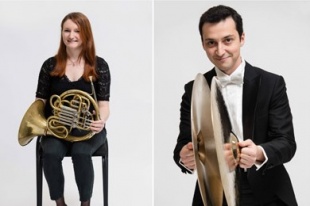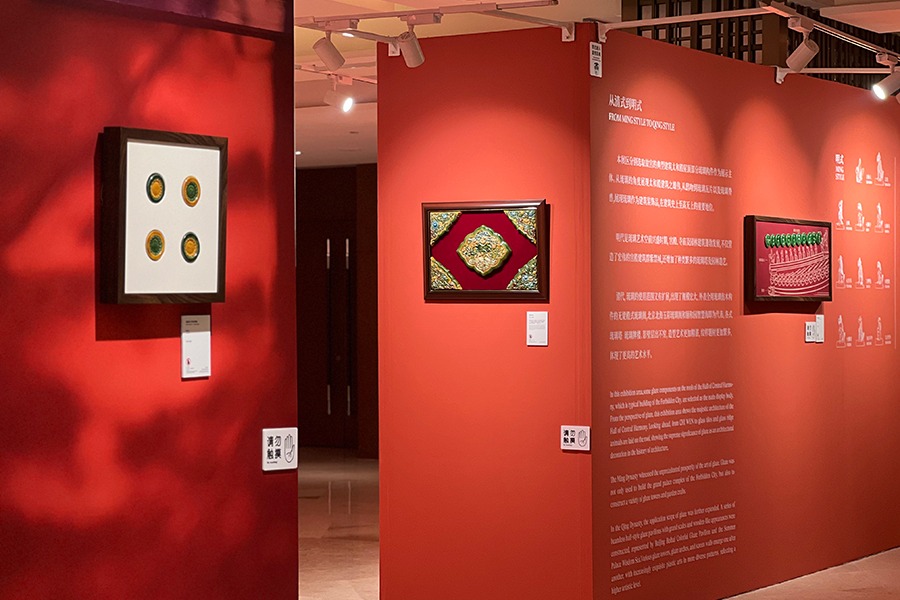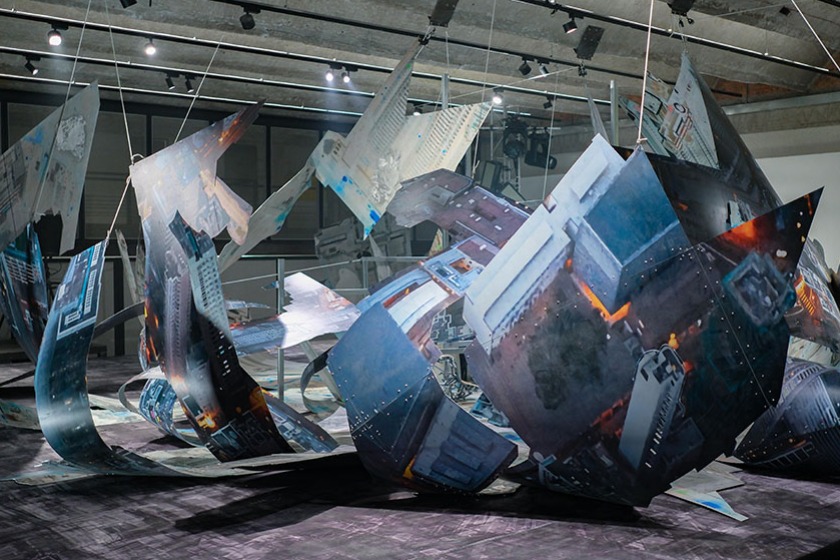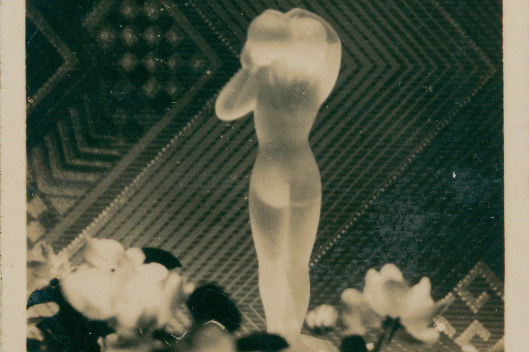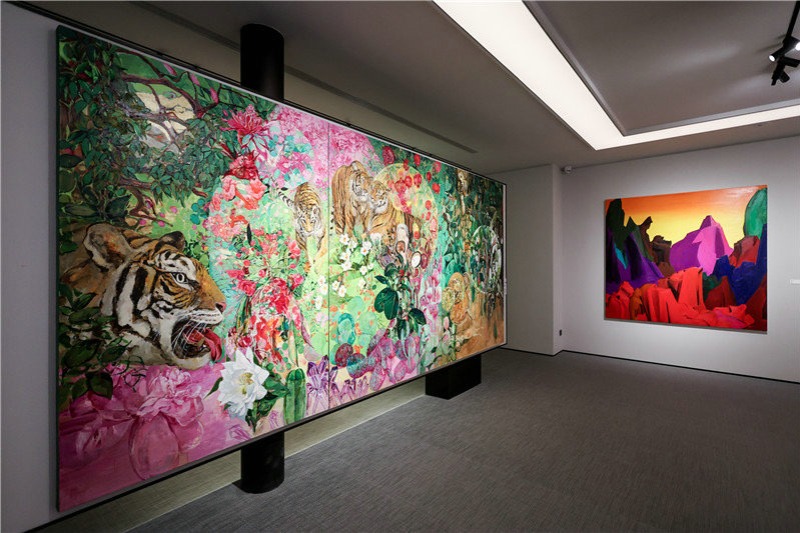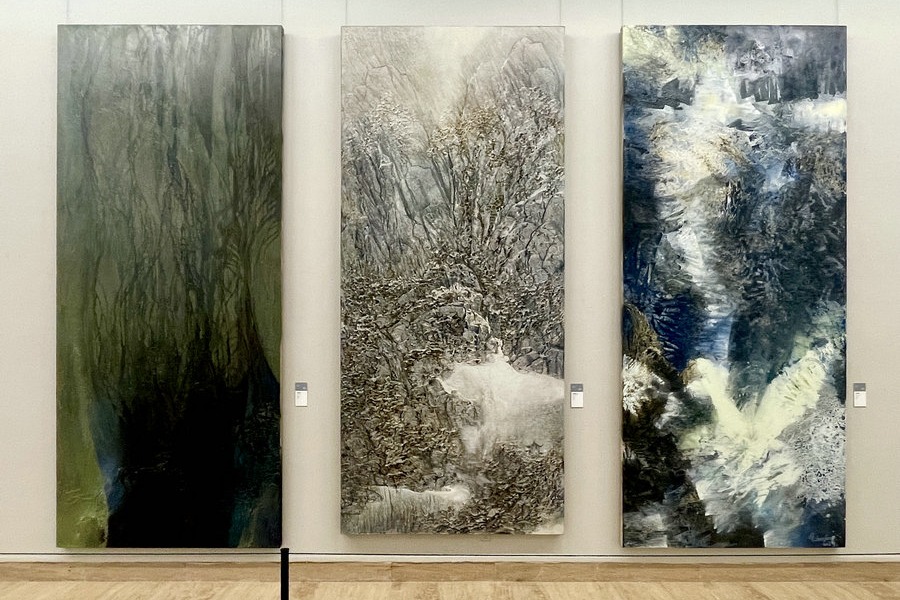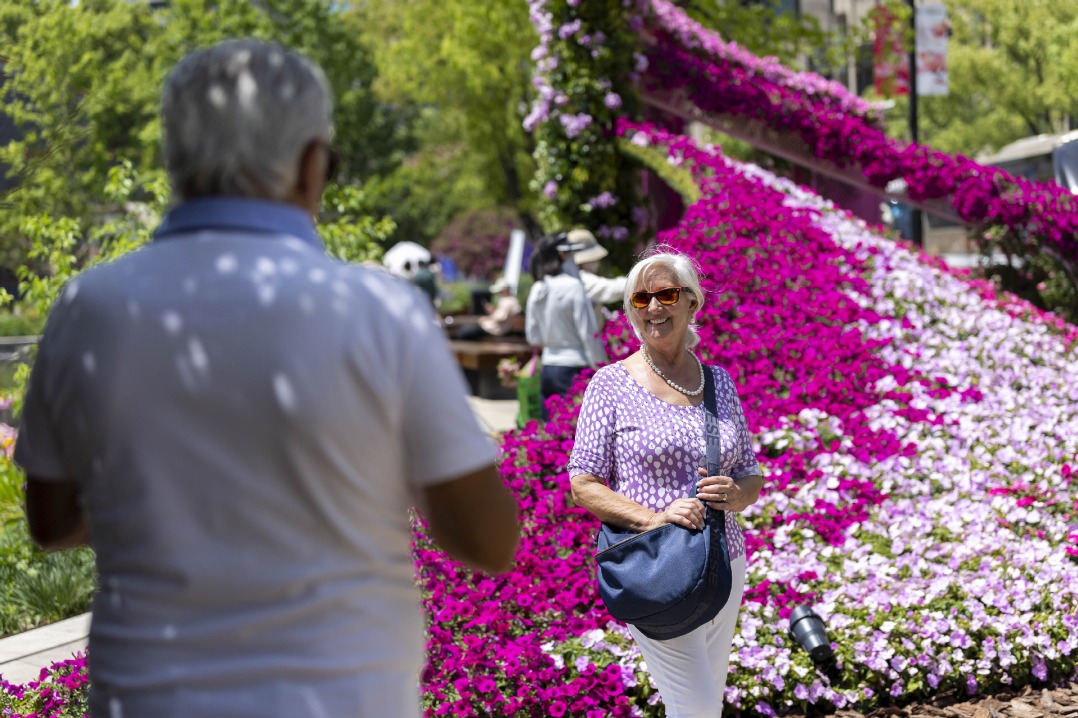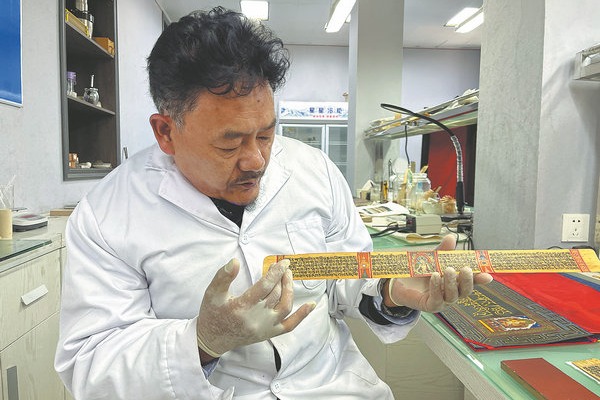United by music


Fotinos, who obtained a bachelor of music performance at the Victorian College of the Arts in Melbourne and then spent three years at the Australian National Academy of Music, says: "An orchestra can become the beating musical heart of a city. I love the idea of bringing more live performances of classical music to a city that has never previously had a symphony orchestra. As I have discovered, Suzhou has always been a city of culture. It is only fitting that it should have a top-quality symphony orchestra."
She is now Suzhou Symphony Orchestra's principal harpist and says that unlike in the Western world, where many orchestras and opera houses are being downsized or are closing down, China continues to open new ones.
"It's a period of great energy and intense learning as these new orchestras and arts companies gradually get off the ground, but the international culture in orchestras like Suzhou Symphony will speed up this process enormously."
Chen, who is also the director of China's Symphony Development Foundation, a nonprofit organization, says the number of symphony orchestras in the country has grown greatly over the past few years. There were about 30 professional symphony orchestras four years ago, and by last year that had grown to 82, he says. That presents opportunities not only for young Chinese musicians but also for musicians from around the world.


